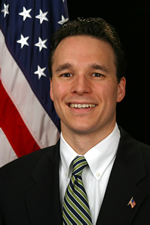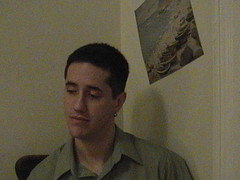Here on
Ed Foster's Gripelog, you'll find a story alleging that
eBay is blindly enforcing the copyright allegations of
NetEnforcers, a coin-operated IP enforcement shop. (What they call "comprehensive brand protection services.")
This may be a private IP rent-a-cop going overboard to inflate its enforcement numbers, or it could also represent a copyright owner (in this case, the producers of scuba gear manuals) seeking to demolish the second-hand market in utter violation of the
first sale doctrine. I suspect the former.
While the story is as yet unconfirmed, it fits with some of the long-running critiques of eBay. See
this six-year-old piece, which critiques
eBay's privacy policy--a policy that is not that different today. Basically, eBay appears to work on the belief that alleged infringers are guilty until proven innocent--with no promise that you'll be notified if your personal information is disclosed, let alone be given a fair hearing. Contrast this with
Verizon (certainly not my favorite company), which
took its case to the DC Circuit Appeals Court to keep from divulging customer identities without a court order and left the
RIAA to enforce its own copyright claims.
I have emailed NetEnforcers and eBay in search of commentary; I'd like to hear what they have to say. I'm also posting a link to this on GripeLog, inviting the reader to give further details here on ShoutingLoudly.



